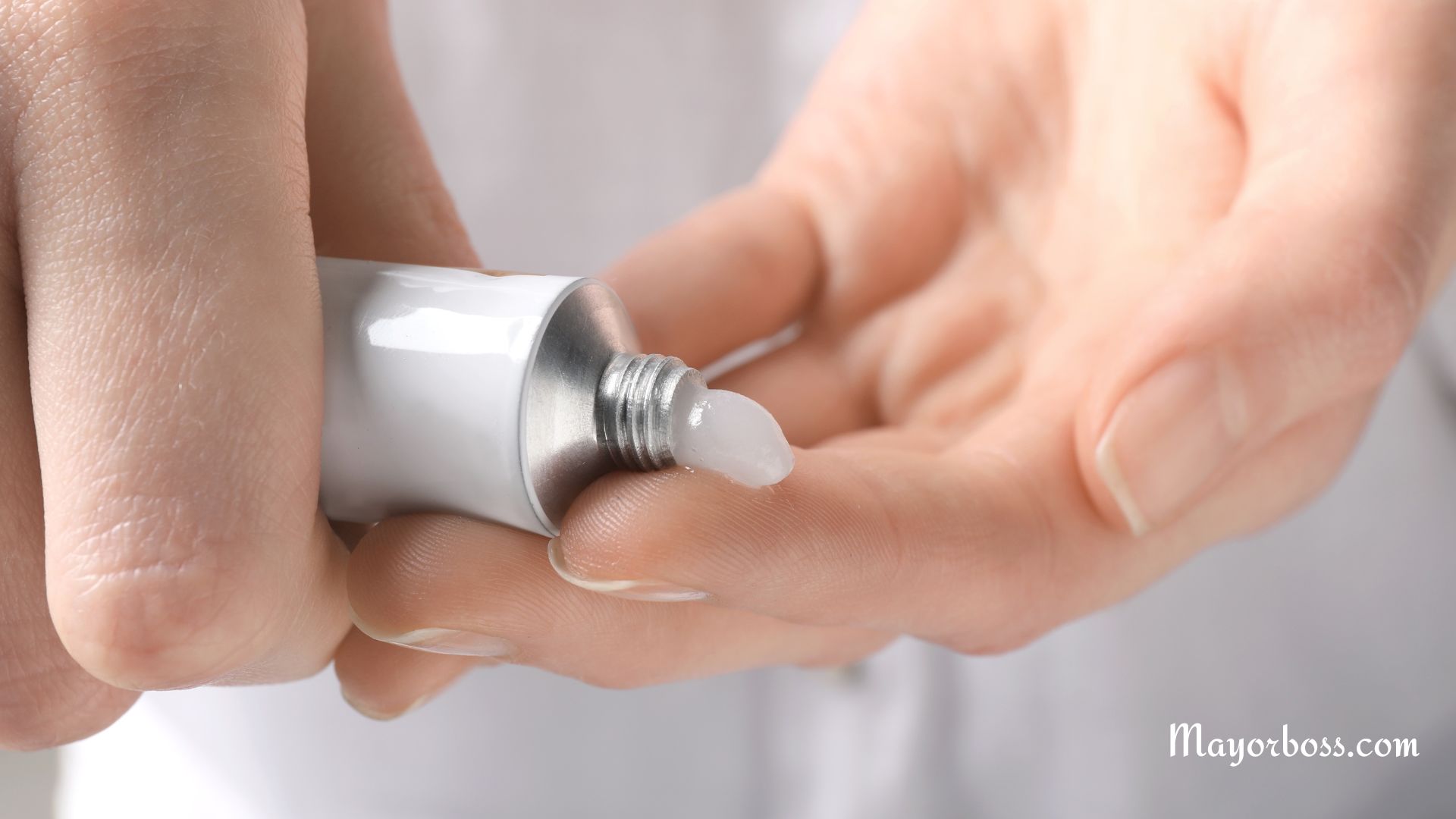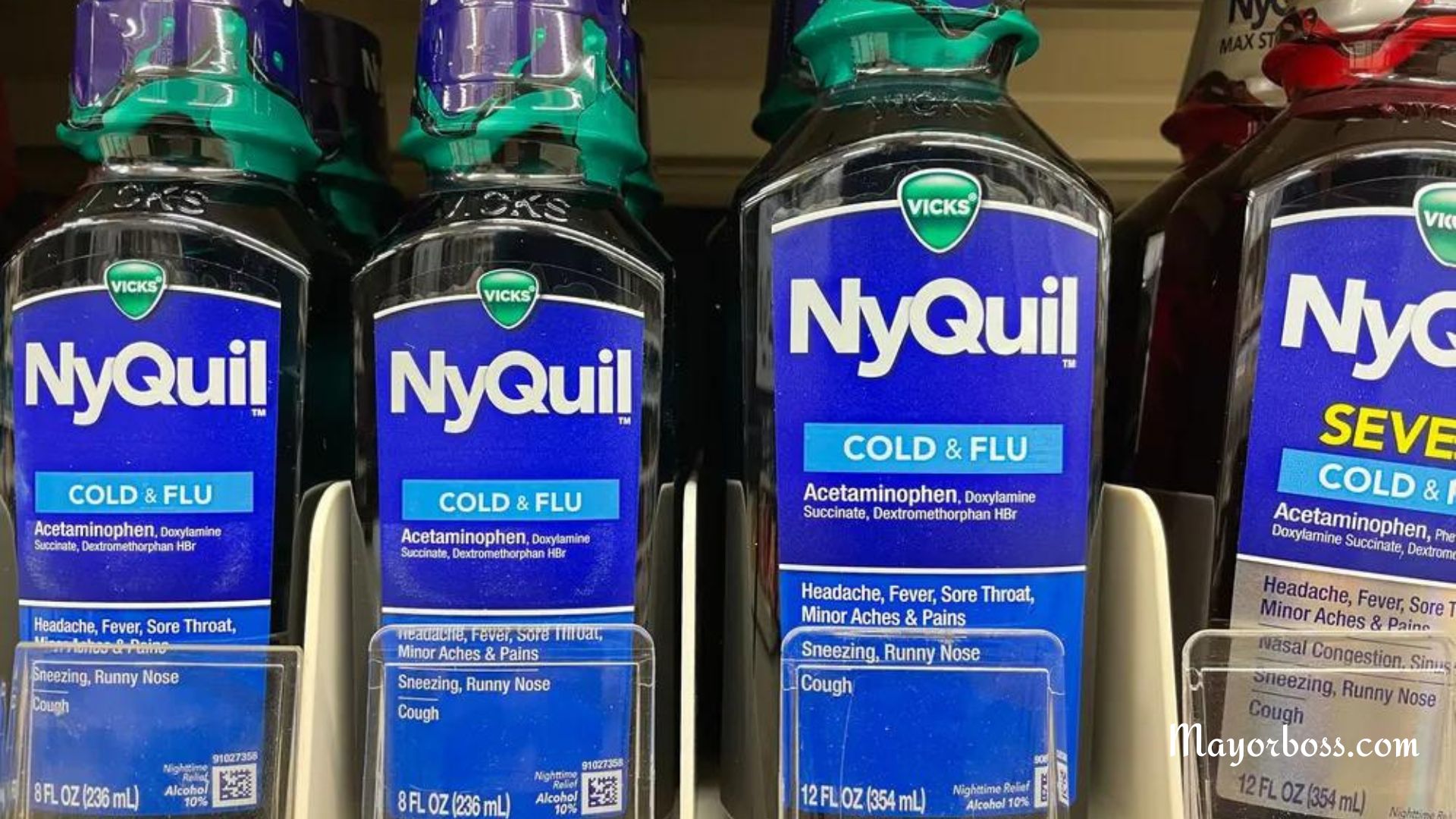How Soon Can I Take Ibuprofen After Taking Diclofenac?
Understanding how medications interact with each other is crucial for your health and safety. If you’ve recently taken diclofenac and are considering taking ibuprofen, you need to know the right timing and precautions. Let me break this down in a simple way.

What are Diclofenac and Ibuprofen?
Both diclofenac and ibuprofen belong to a class of drugs known as Non-Steroidal Anti-Inflammatory Drugs (NSAIDs). These medications are widely used for their ability to reduce pain, inflammation, and fever. Despite their similarities, there are distinct differences in their usage and effects.
Diclofenac
- Generally prescribed for Relieving pain and inflammation in conditions like arthritis.
- How it works: It reduces pain and inflammation by blocking certain substances in your body.
Ibuprofen
- It is commonly used for Pain relief, reducing inflammation, and lowering fever.
- How it works: Similar to diclofenac, it blocks the production of certain chemicals that cause inflammation and pain in the body.
Why Timing Matters
When you take two NSAIDs together, like diclofenac and ibuprofen, you increase the risk of side effects. This is because both drugs work in a similar way and target the same enzymes in your body.
Risks of Taking Both Together
- Increased chance of stomach ulcers or bleeding.
- Higher risk of kidney problems.
- Greater potential for heart issues.
Safe Practices
Wait Time
It’s generally advised to wait at least 8 to 12 hours after taking diclofenac before you take ibuprofen. This gap helps in minimizing the risk of side effects.
Always Consult Your Doctor
Before mixing any medications, it’s essential to talk to your doctor or pharmacist. They can give you advice based on your medical history and current health condition.
Watch for Symptoms
If you experience any unusual symptoms after taking these medications, such as stomach pain, nausea, vomiting, or any signs of an allergic reaction, seek medical attention immediately.
Conclusion
To summarize, while both diclofenac and ibuprofen are effective in managing pain and inflammation, taking them too close together is not recommended due to the increased risk of side effects. Always keep a gap of 8 to 12 hours and consult your healthcare provider for personalized advice.
Frequently Asked Questions
- Can I take ibuprofen if I forgot I already took diclofenac? If you accidentally take ibuprofen soon after diclofenac, monitor yourself for any adverse symptoms and consult your doctor.
- What are the signs of NSAID overdose or adverse reactions? Symptoms may include stomach pain, nausea, vomiting, headache, dizziness, and, in severe cases, bleeding or kidney problems.
- Are there alternatives to taking NSAIDs for pain relief? Yes, depending on the cause of your pain, other options like acetaminophen, physical therapy, or certain herbal remedies might be suggested by your healthcare provider.






